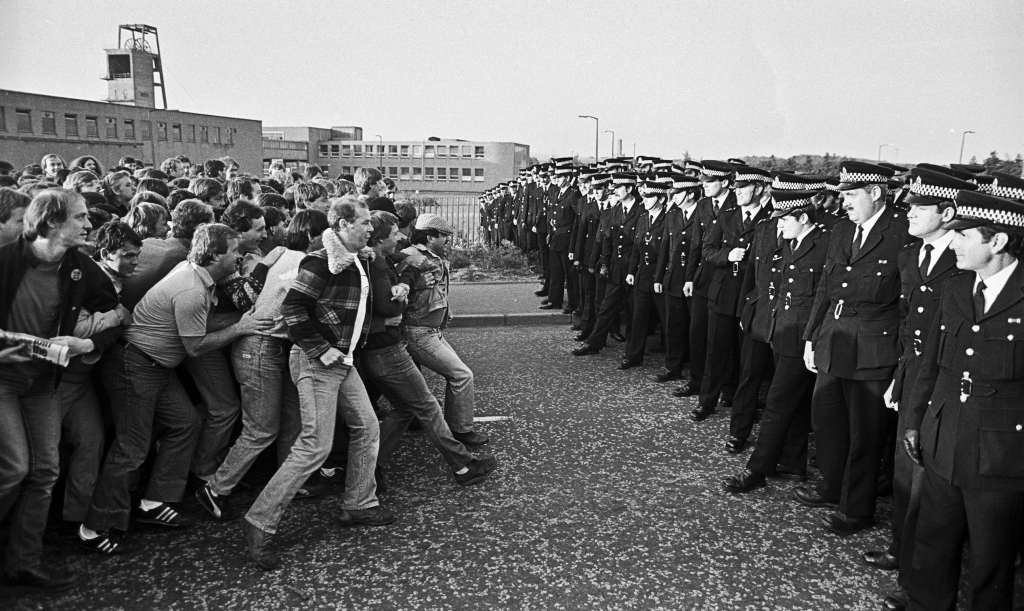The history of all hitherto existing societies is the history of class struggle. (Marx & Engels, The Manifesto of the Communist Party)
Class is a concept at the heart of our Marxist understanding of the world, yet many claim that the ‘working class’ no longer exist. How do we approach this problem?
Lenin said that classes were defined by “the place they occupy in social production and, consequently, the relation in which they stand to the means of production”. This definition relies on an understanding of the economic basis of society – its mode of production.
In primitive society, the productive forces were underdeveloped and all means of production (land, animals, weapons etc) were commonly owned. When the productive forces developed to the level at which one person’s labour could provide more than was needed to keep that person alive, a surplus was created. At this point classes began to develop, based on the way the surplus was appropriated. Since then, class conflict has been the motor of human history, from slave societies, through feudalism to capitalism.
Capitalist production relies on the existence of two main classes. The first is the capitalist class who live off the surplus value of others’ labour (see Part 5). But in order for the capitalist find a worker willing to sell their labour-power for its price of production (and hand over the surplus value of that labour to the capitalist), there must be a class of people possessing no means of production of their own and for whom the only way to realise the value of their labour power is to sell it to the capitalist. This class – the working class – was created by the removal of the peasantry from the land and the enclosure of common land, leaving them with no means of production with which to earn a living. Whilst other classes exist under capitalism, they play a peripheral role in terms of production.
So the question remains, how well does this model represent modern-day Britain? Well the existence of the capitalist class is certainly not open to question. The regular announcements of huge dividends given to shareholders and ‘bonuses’ paid to company directors show that there are still people who live off the work of others.
But, with the increase of home ownership (or, more correctly, mortgage ownership), regular foreign holidays and the shift to a service-driven economy, many would have us believe that the working class no longer exists and has been replaced by an expanded ‘middle class’. However, if we look at Lenin’s definition of class, we can see that these things have not altered the fundamental position of ordinary people. Most people are still forced to sell their labour power in order to live, and the surplus value created by their labour is still appropriated by the capitalist class.
However, Marx argued that the point was not just to understand society but to change it. In the creation of a working class divorced from the means of production, capitalism has ensured its own destruction. Firstly, the working class has everything to gain from the overthrow of capitalism. In a society free from exploitation, the surplus value created by the labour of people could be used for the benefit of society as a whole; to raise the living standards, increase the rate of technological progress and reduce the working week. Secondly, the working class has a unique position as possessors of labour-power – capitalism’s most important resource. It can withdraw this productive force, vital to the functioning of capitalism, at any time.
In the overthrow of capitalism the working class will achieve what has never before been achieved: the creation of a society free from exploitation. As Marx and Engels wrote in 1848, “Workers of the world unite! You have nothing to lose but your chains!”



